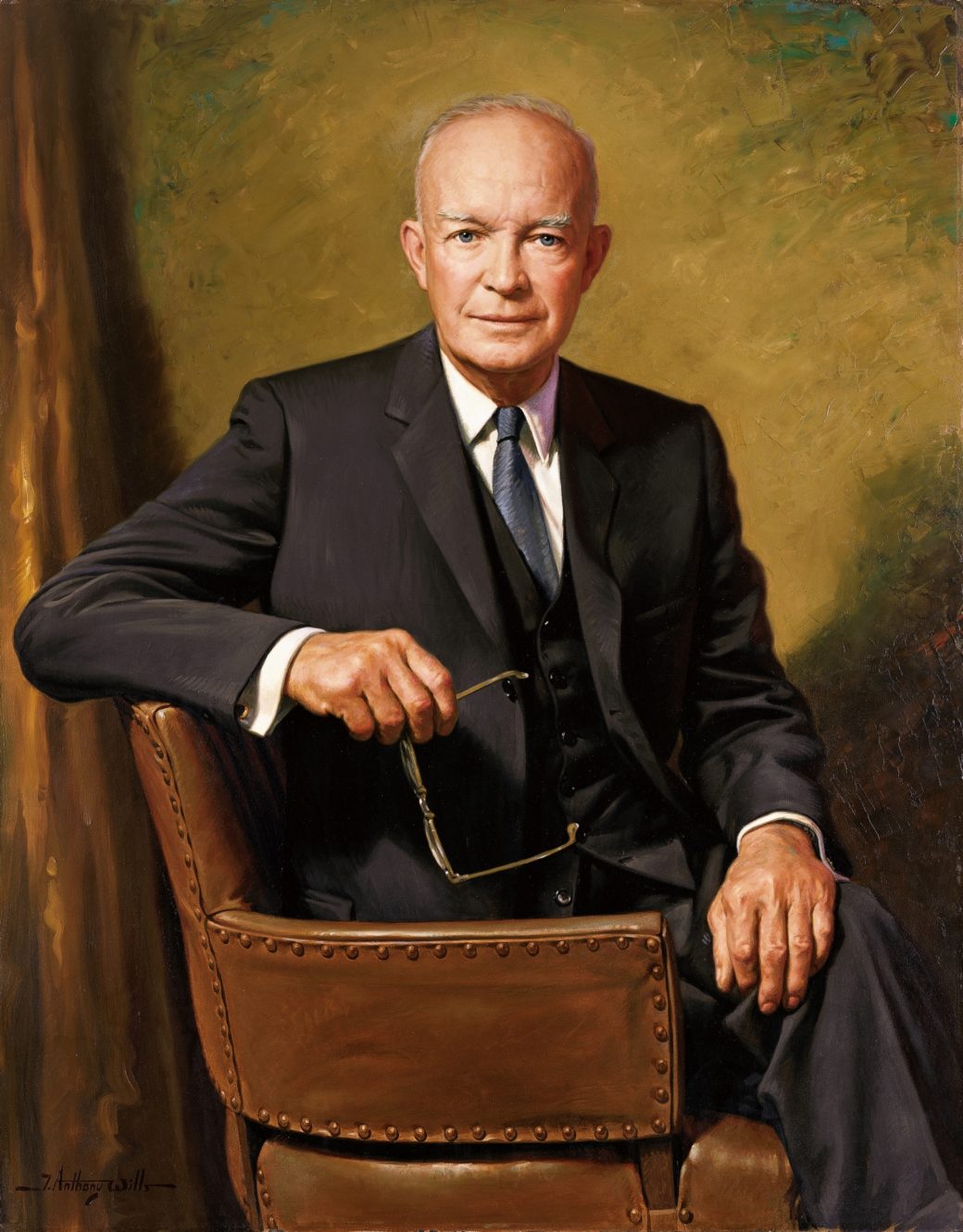
Born on October 14, 1890, in Denison, Texas, Eisenhower had a distinguished military career before entering politics. He rose through the ranks of the U.S. Army, eventually becoming a five-star general and Supreme Commander of the Allied Expeditionary Forces during World War II. His leadership during the war earned him widespread respect and admiration.
Eisenhower’s presidency was characterized by a focus on domestic and foreign policy issues. He championed the expansion of the Interstate Highway System, which transformed transportation in the United States and facilitated economic growth. He also signed the Civil Rights Act of 1957, taking a significant step towards desegregation and equal rights for African Americans.
On the international stage, Eisenhower pursued a policy of containment during the Cold War, seeking to prevent the spread of communism. He established the Eisenhower Doctrine, which pledged U.S. military and economic assistance to Middle Eastern countries threatened by communism. His administration also oversaw the end of the Korean War and navigated tense relations with the Soviet Union.
President Dwight D. Eisenhower’s legacy is one of leadership, integrity, and dedication to the American people. His ability to navigate complex challenges and make tough decisions set an example for future generations of leaders. Whether it was in the military or in the Oval Office, Eisenhower’s commitment to serving his country remains an inspiration to this day.

Over the years, I have amassed a wealth of experience and knowledge, which I eagerly share with fellow radio aficionados. Through my writing and active participation in the amateur radio community, I strive to inspire others and provide valuable insights into this fascinating hobby. Engaging in various radio activities, I continue to learn and grow, constantly amazed by the endless possibilities that radio communication offers.

